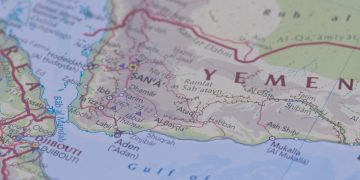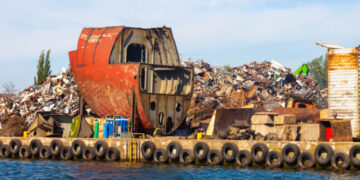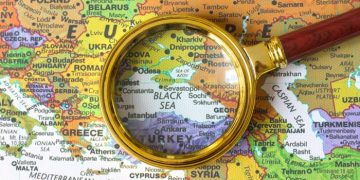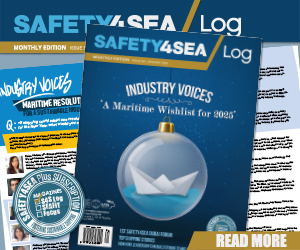Celebrating the International Day for Women in Maritime, the International Maritime Organization (IMO) hosted a symposium where experts discussed how incorporating women’s viewpoints can shape the future of maritime safety. Central to this discussion was the critical role of mentorship and training in elevating women’s profiles and ensuring their success in this challenging field.
In a sector historically dominated by men, the maritime industry is gradually recognizing the invaluable contributions and unique perspectives that women bring to the table. Women in the maritime industry face a myriad of challenges that hinder their professional advancement and safety. Basic necessities, such as appropriately sized safety gear and female sanitary products, are often unavailable onboard ships.
Women also encounter significant barriers if they wish to start a family while maintaining their careers at sea. Additionally, the risk of bullying and harassment, coupled with unequal access to on-the-job training, creates a hostile work environment that deters many women from pursuing long-term careers in maritime.
Mentorship has emerged as a powerful tool to address these challenges and support women in maritime. Mentoring can offer knowledge to young women on how to develop their career, networking opportunities, personal growth, and real-world practical learning.
During the symposium, IMO Secretary-General Arsenio Dominguez emphasized the importance of investing in women’s education and professional development. By doing so, the industry not only empowers women but also drives innovation and fosters sustainability.
Karin Orsel, Chair of ECSA, highlighted the responsibility of experienced industry professionals to mentor the next generation. She pointed out that mentoring involves providing guidance and support, thereby paving the way for young women to navigate and succeed in the maritime sector.
Success stories and initiatives
The symposium also featured insights from various initiatives aimed at recruiting and retaining women in the maritime workforce. Dorothea Ioannou, CEO of SCB Inc., stressed the importance of creating a culture of safety and gender inclusivity on ships. She noted that companies failing to adapt to these cultural shifts risk losing talented professionals, particularly from younger generations.
Carolina Riesco, Maritime Law Advisor and Partner at Goldenberg & Riesco, shared her positive experience with the MAMLA network for women in maritime administration in Latin America. This network provides women with access to training courses that enhance their educational development and professional visibility. According to Riesco, education and networking are key to empowering women in maritime.
Bridging the gender gap
The IMO has established eight Women in Maritime Associations (WIMAs) across Africa, Arab States, Asia, the Caribbean, Latin America, and the Pacific. These associations, covering 152 countries and territories with 490 members, offer platforms for women to discuss not only gender issues but also technical matters. These networks play a crucial role in bridging institutional barriers and cultural stigmas that women face in the industry.
Elpi Petraki, President of WISTA International, updated IMO Member States on the upcoming 2024 Women In Maritime Survey. The previous survey revealed that women make up only 2% of the seafaring workforce, primarily in the cruise sector. The new survey aims to track progress and identify effective strategies for further improvement.































































